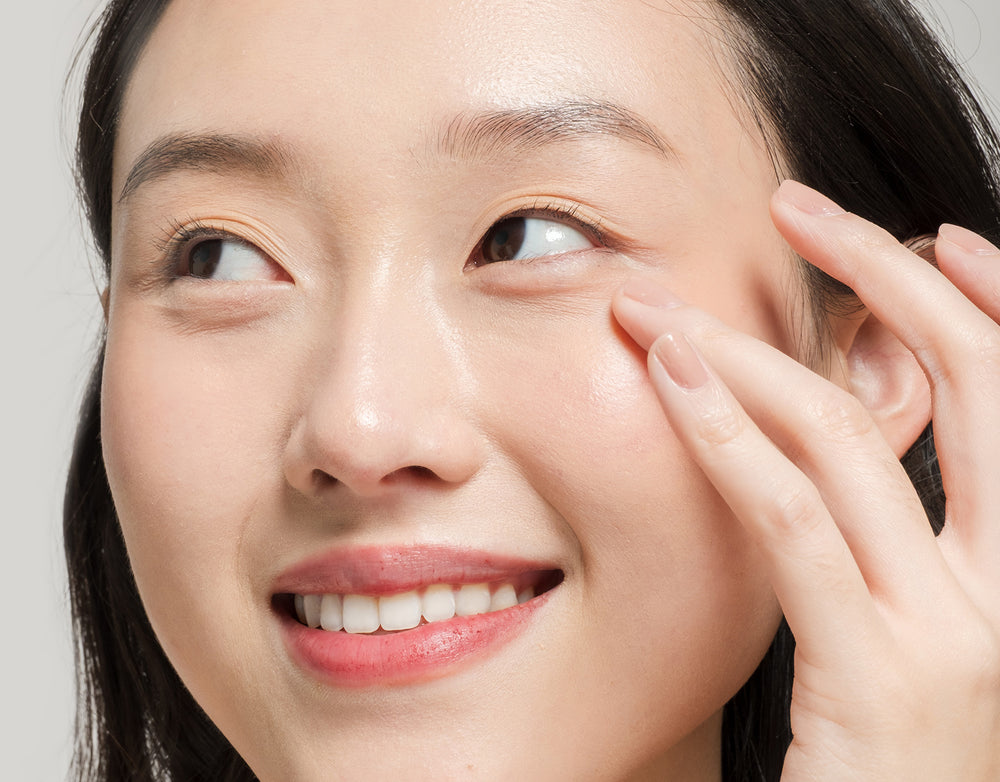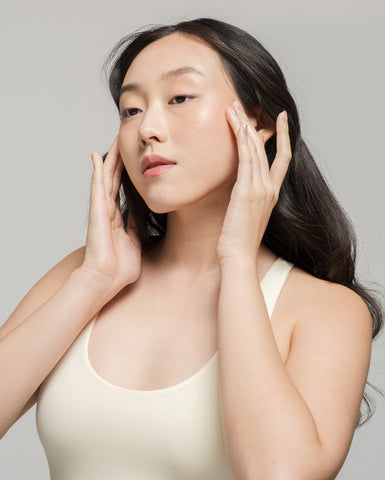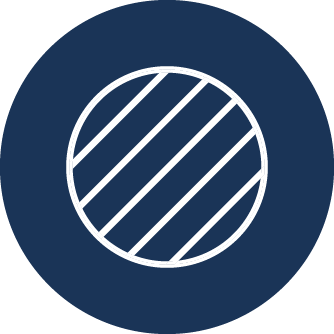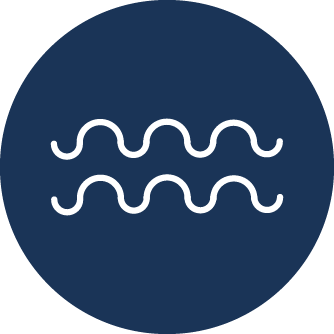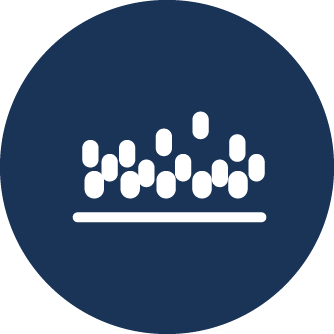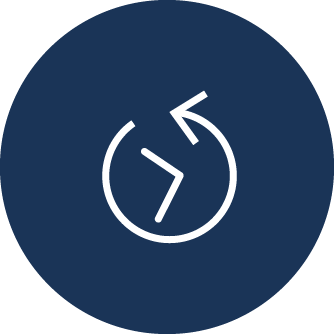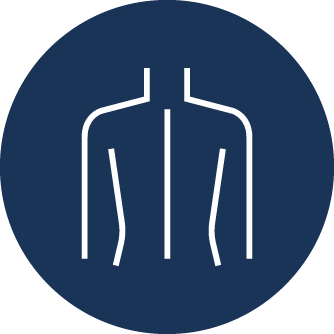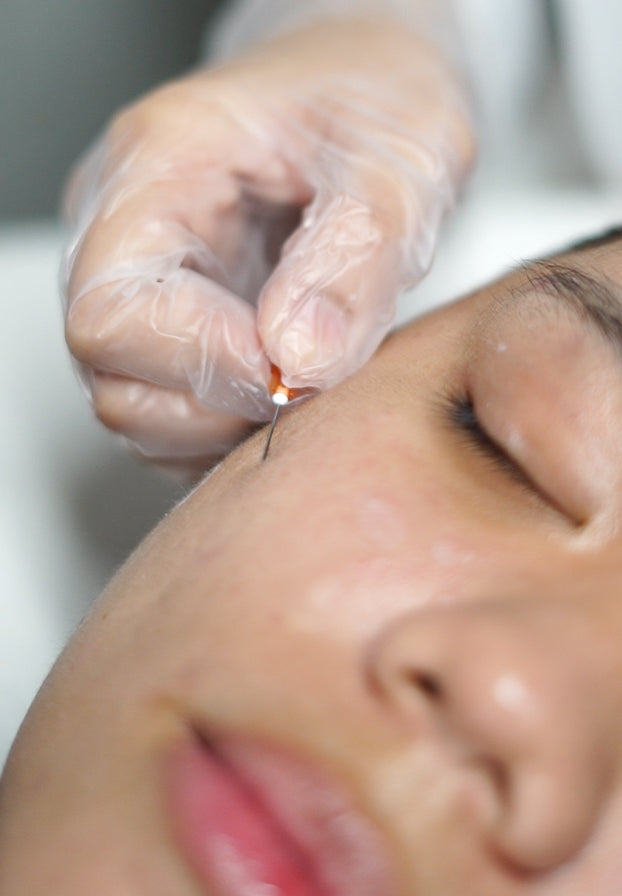
360° Acne Scar Treatments
Scar Lift (Cannula Subcision + Biostimulator)
A dual-action treatment that combines scar release and regenerative stimulation to target the root of stubborn, atrophic scars for visibly smoother, firmer, and more structurally renewed skin.

Root-Level Repair

Collagen Boosting

Dual-Depth Precision

Combo-Friendly

• Boxcar acne scarsIcepick acne scars
• Biosimulator delivery
Your Remedy doctor may recommend antibiotics to support healing. For best results, a second session may be done after one month.
Scar Lift (Cannula Subcision + Biostimulator) FAQs
- Week 2-3: Expect noticeable improvements within two to three weeks, with scars becoming shallower and skin becoming smoother, softer, and plumper.
- After 1 month: This is the ideal time for your second session. Here, collagen production ramps up, leading to firmer skin, refined texture, and more even tone.
- After 2-3 months: Results continue to build as collagen remodels your skin from within. Scars fade further, and your complexion becomes visibly smoother, more balanced, and resilient.
